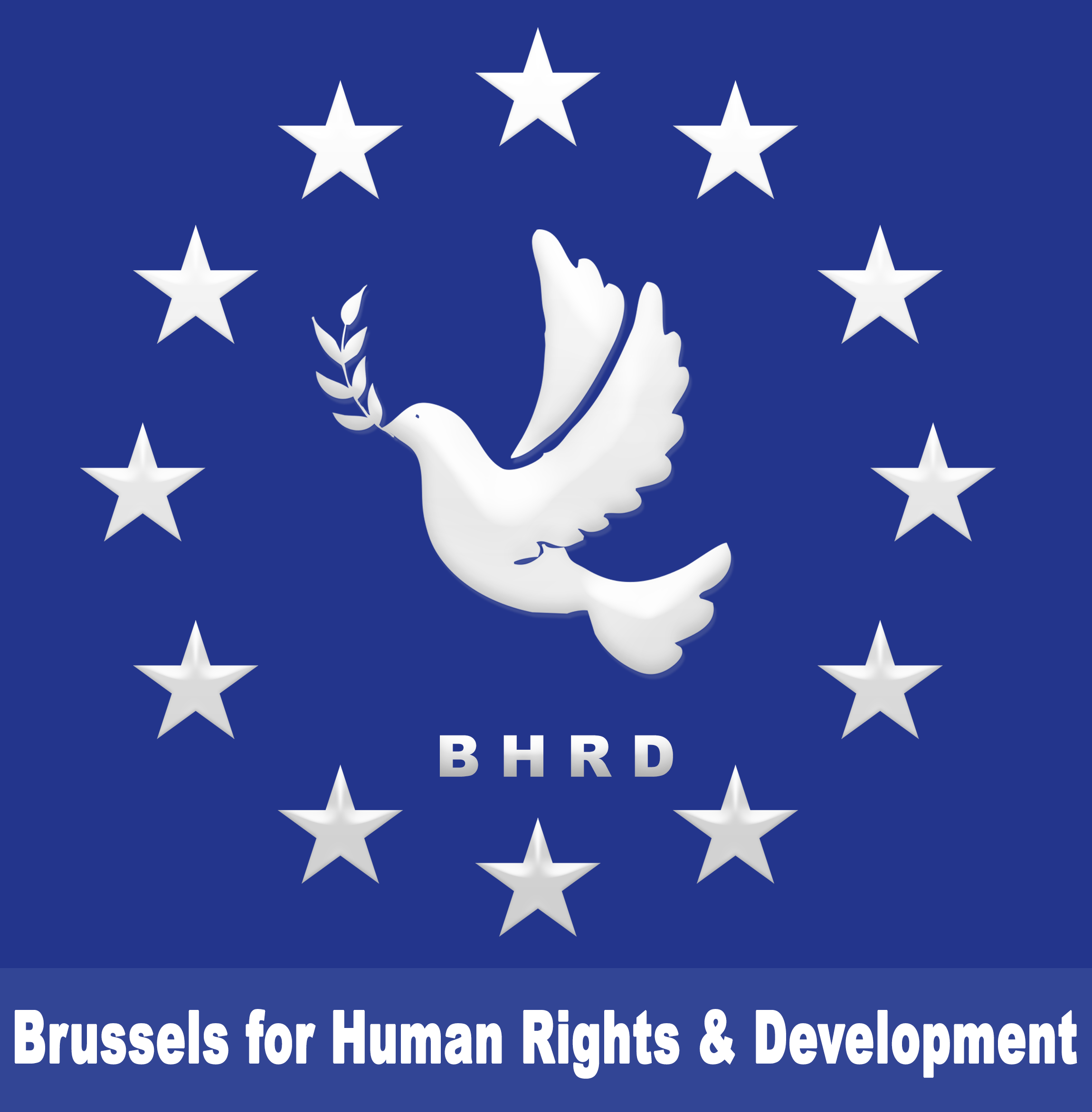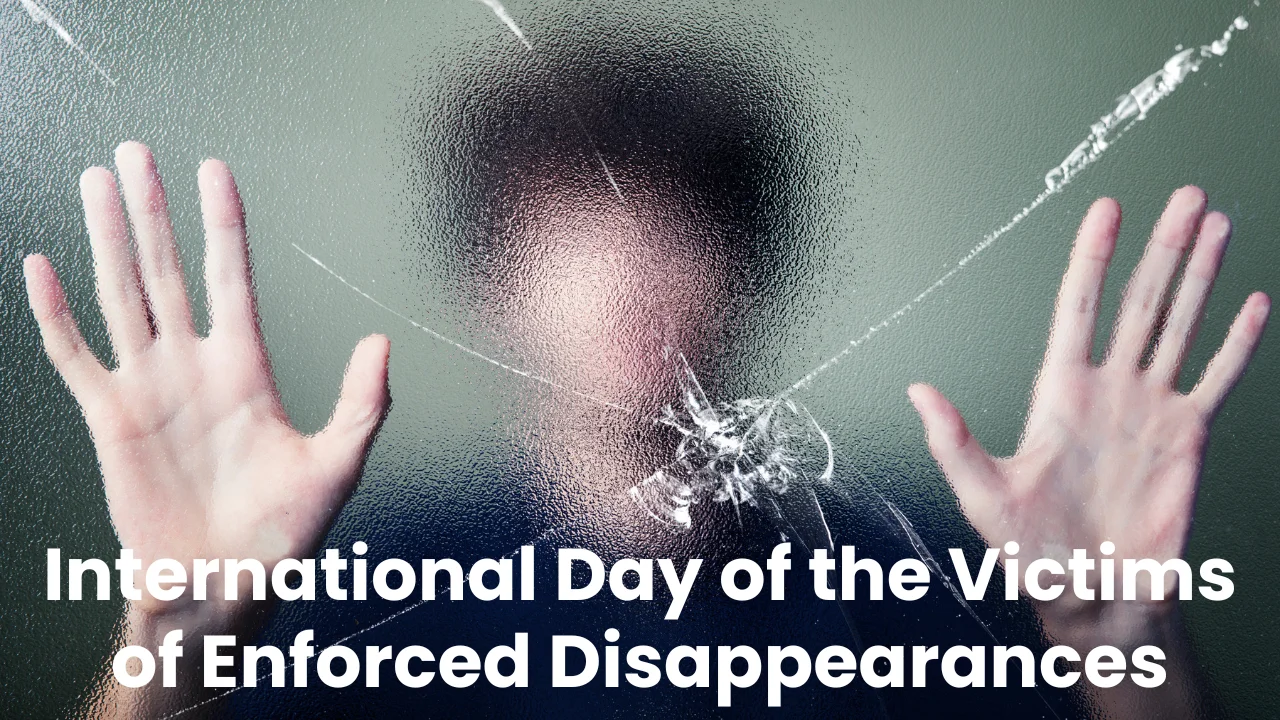Universities must uphold the right to peaceful activism and review policies that target pro-Palestinian movements on their campuses, said Gina Romero, the UN Special Rapporteur on the rights to freedom of assembly and association, on Friday. Romero warned that the harsh repression of student-led protests is not only a direct threat to democratic institutions but also risks alienating an entire generation from civic engagement and democratic processes.
According to Romero, international solidarity movements supporting the Palestinian people have surged since the war in Gaza began nearly a year ago. University campuses have become focal points for mass demonstrations, sit-ins, and peaceful assemblies, led largely by students advocating for Palestinian rights and self-determination. However, she highlighted that many academic institutions have responded with repressive measures, creating hostile environments that hinder freedom of speech, peaceful assembly, and association.
Romero’s findings are based on extensive discussions with around 150 individuals from 30 countries, including students and faculty members. She concluded that many universities have failed to adequately protect these movements, fostering a climate of stigmatization and hostility that silences activists. “This is a profound failure of responsibility,” she said, “not only to safeguard democratic freedoms but also to prevent atrocity crimes and contribute to global peace.”
As universities worldwide reopen for the new academic year, student-led protests in support of Palestinian rights have resumed, joining a growing global movement. Romero stressed the importance of these peaceful assemblies and the valuable contributions of young people to human rights advocacy. She urged universities to recognize the significance of free and meaningful engagement from youth and to provide support for their activism.
Romero made six key recommendations for academic institutions, emphasizing the need to end the stigmatization and hostility that silence student voices. She called on universities to immediately cease any surveillance or punitive measures against students and faculty who participate in peaceful protests. Instead of resorting to law enforcement, she urged institutions to prioritize negotiation and mediation to resolve conflicts arising from peaceful assemblies.
Additionally, Romero called for independent investigations into human rights violations committed against student protesters, particularly in cases where sanctions were imposed for exercising fundamental freedoms. She emphasized that affected individuals must be granted effective remedies and that universities should revise their policies to align with international human rights standards.
Romero also highlighted the critical role universities play in shaping political discourse and civic education. “Their responsibility extends beyond campus borders,” she said. “The actions taken by universities have the power to shape the future of democracy, freedoms, and human rights globally.” She underscored that respecting dissent is essential to ensuring that universities remain spaces for free thought, academic freedom, and the exercise of fundamental rights.
The UN Special Rapporteur’s statement serves as a reminder of the need for academic institutions to act as defenders of democratic values and protectors of human rights, particularly in times of global unrest.
About UN Special Rapporteurs
Special Rapporteurs are independent experts appointed by the UN Human Rights Council to monitor and report on human rights issues. They do not receive compensation for their work and do not represent the UN or any government. Their role is to provide an impartial analysis of country-specific or thematic human rights concerns based on international law.
check the original topic


 العربية
العربية


